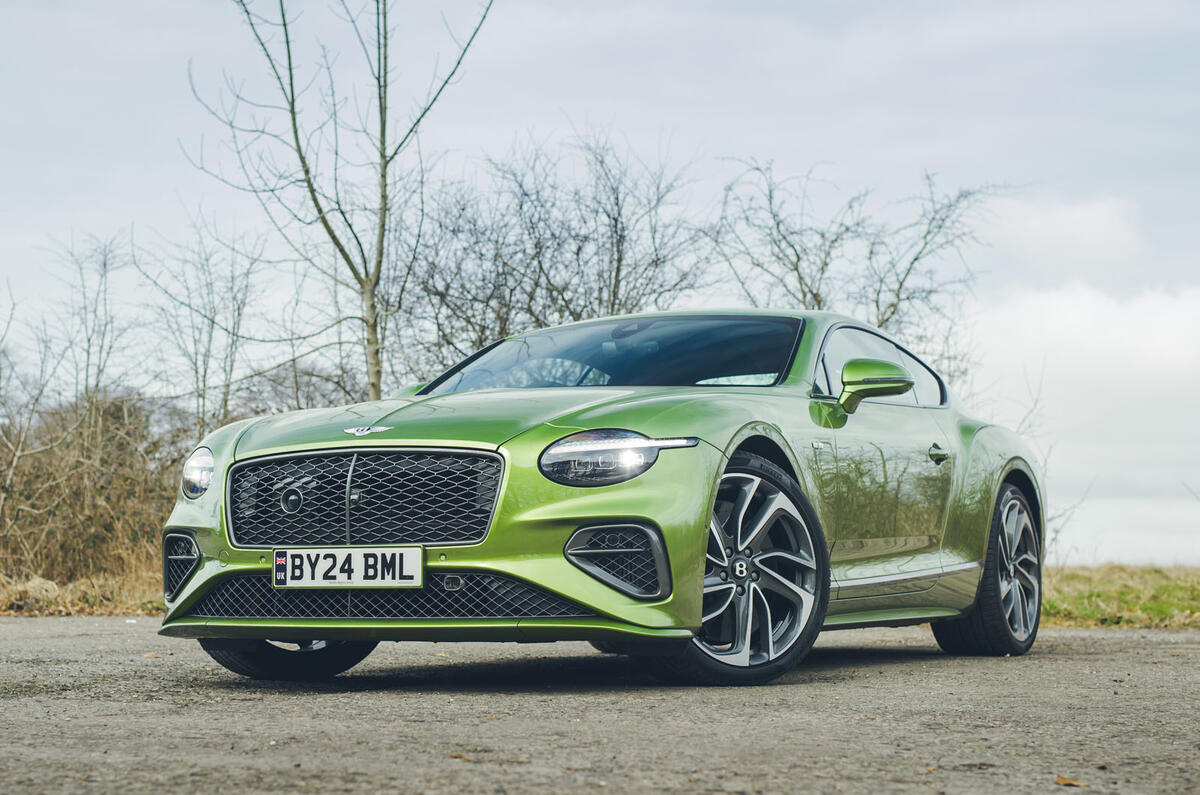Bentley saw profits fall by almost two-thirds in the first nine months of the year, in sharp contrast to the continued success of its Volkswagen Group stablemate Lamborghini.
A combination of lower sales, higher US tariffs and expenses related to the cancellation of the Porsche-led electric large-car platform contributed to the drop, according to financial documents posted by Bentley’s managing brand, Audi.




Add your comment